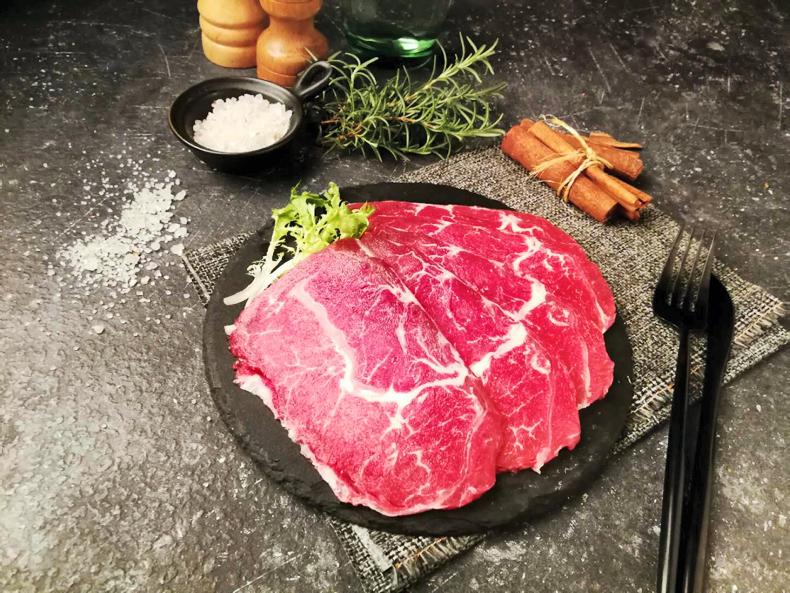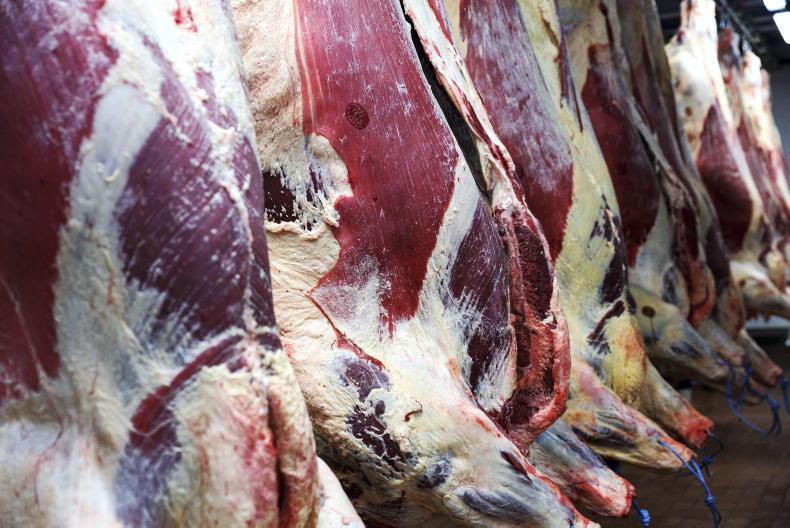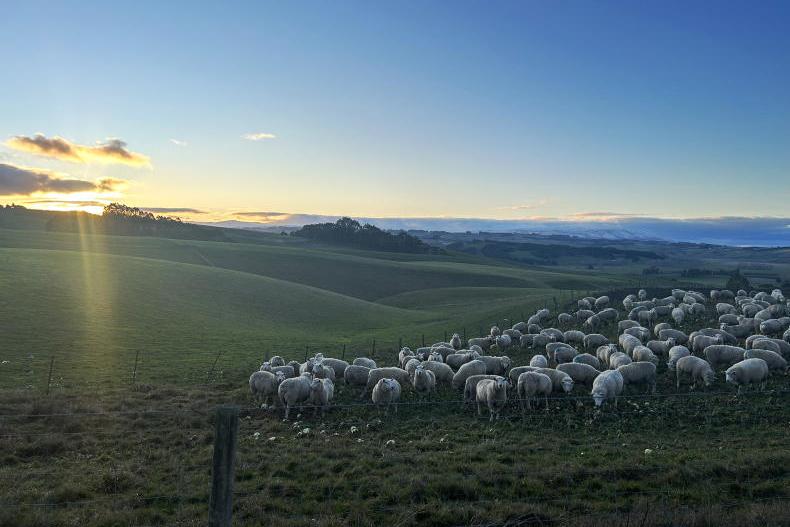A further 17 beef factories in Brazil, along with six poultry factories and one pigmeat plant, were approved by China earlier this week, as reported in the world beef report.
This will bring the number of beef factories to 32, although the newly approved factories cannot start supply immediately until health certification details are in place.
It is also rumoured that a number of additional Argentinian factories will get approval.
Brazil
Chinese beef imports have been on a rapid upward growth curve since 2012 and were at 1.28m tonnes for the year ending June, a 55% increase on the record imports of a year earlier.
Brazil is the biggest supplier, with the 15 factories already approved sending 338,755t in the year ending June 2019, which is a 43% increase on the previous year.
All of the major suppliers to Brazil have increased their business in the same period.
With the number of Brazilian factories approved more than doubled, we can expect a further surge in Brazilian exports of beef to China in the coming year, perhaps to the extent of doubling.
Argentina
Argentina is now the second-biggest supplier of China’s beef imports, sending 264,760t for the year ending in June, which is a more than doubling of the previous year’s exports.
Uruguay is the third South American beef exporter that is a major supplier to China, exporting 250,973t for the year ending in June, a 19% increase, while Australia’s exports to China increased to 221,209t, an increase of 60% on the previous year.
New Zealand is the other large volume supplier to China, exporting 157,478t to the end of June, which, again, was a huge increase, up 74% on the previous year.
Pigmeat
The market situation in China reflects an ongoing growth in demand for protein, plus the impact of the drop in the pig herd caused by African swine fever (ASF) is now being particularly felt.
This has led to a jump in the import of pigmeat to 762,300t in the second quarter of 2019 according to the AHDB, the UK levy board.
Sheep meat
The AHDB reports that since the start of the year to the end of April, imports of sheep meat into China totalled over 140,600t, an increase of 18% from the same period last year, with over 98% of the imports coming from Australia and New Zealand.
With a surge in supply from Brazil now inevitable and a likely further jump in supply from Argentina, the question is will the Chinese market keep growing to accommodate this growth in supply.
It is a particularly difficult time at present with the impact of ASF, but this will be resolved at some point and then it is a question whether prosperity will continue to increase and drive further consumer demand.
Ireland should have additional factories supplying in the near future also, but, by then, they could face additional competition.










SHARING OPTIONS